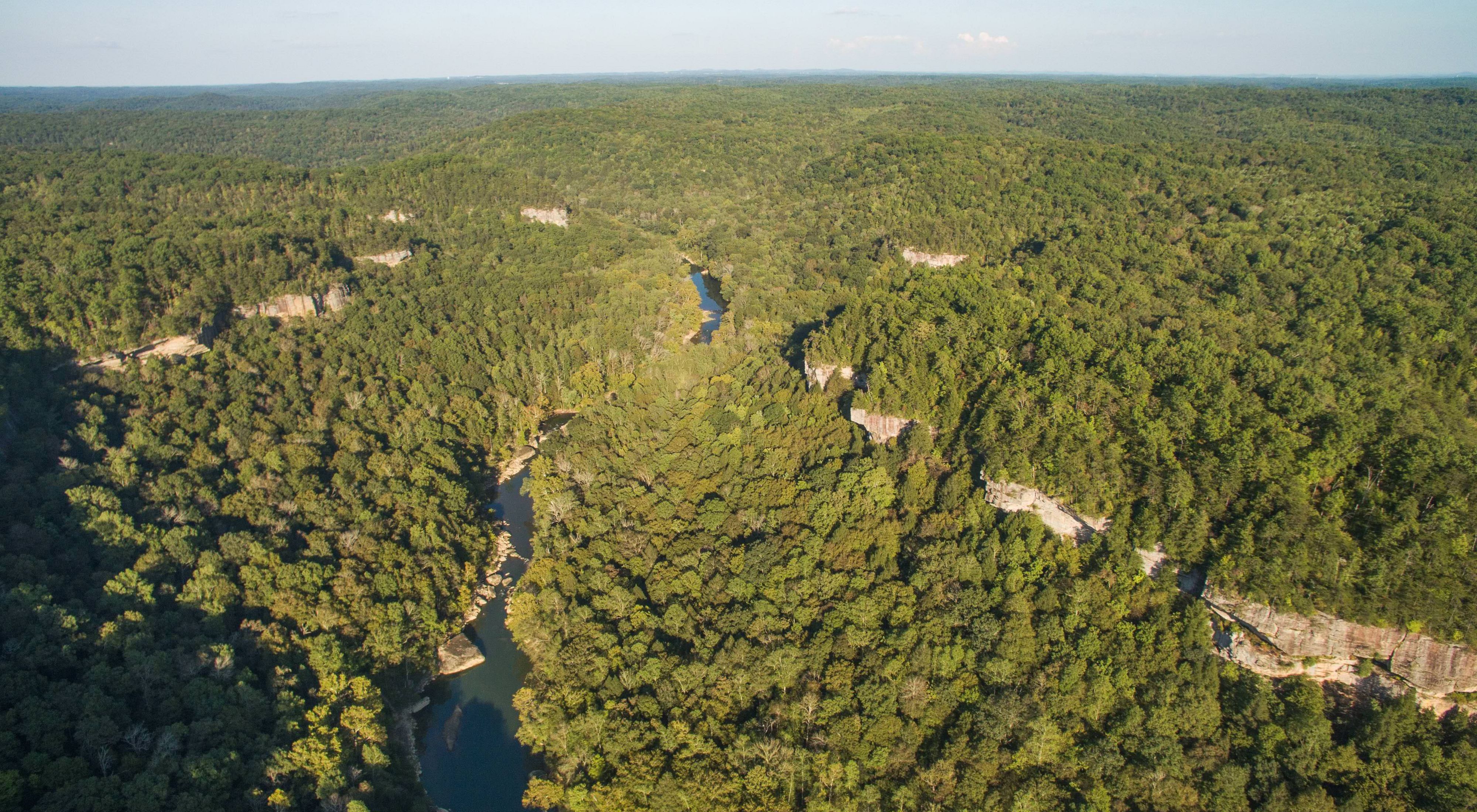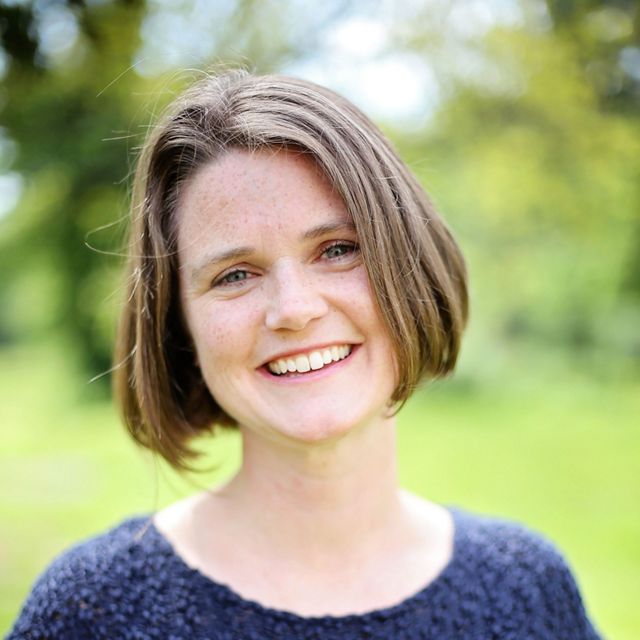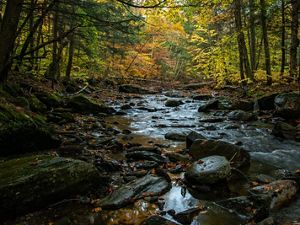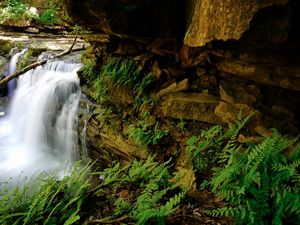Transitioning the Appalachian Economy
Learn how Leslie Ferguson-Oles is helping build diverse, sustainable economies for people and nature.
Leslie Ferguson-Oles wanted to make a difference in the world. The North Carolina native graduated from Berea college with a degree in English and a minor in sustainability and environmental studies. Her skills in research and project management led her to work in local food and agriculture. But her love of Appalachia led her to the nonprofit Mountain Association for Community Economic Development (MACED).
“I was really passionate about the Appalachian region,” she says. “I wanted to work with a smart, kind team of people that was working to advance something important, something that was making a change in the world.”
The decline of the coal industry has left eastern Kentucky in a difficult economic situation. Organizations like MACED are working to transition Appalachian communities to more diverse and sustainable economies.
Supporting Appalachian Communities
“Our mission is to advance a just transition to a new economy that is more diverse, sustainable, equitable and resilient,” says Ferguson-Oles. “We focus on community economic development in the 54 designated Appalachian counties of Kentucky.”
MACED is a community development financial institution, a federal designation that helps get capital into underserved areas.
“It’s kind of like a bank,” Ferguson-Oles says. “We give out loans to businesses and organizations that might otherwise have trouble accessing affordable capital.”
MACED offers business support services to business owners and entrepreneurs in the region. It creates demonstration projects that show what a new economy might look like in the community. The organization is also helping to transition the energy sector to more efficient systems.
“We have a program right now where we are working on training people, some of whom have lost their jobs because of the decline in the coal economy,” Ferguson-Oles says. “New energy interns are learning skills for auditing buildings and homes and performing energy upgrades to those buildings. Some are also learning about solar, helping to build the capacity to be able to do this kind of work in the region.”
MACED also works on narrative and policy change. The Appalachian region has long struggled with negative perceptions by the public and media.
“We do a lot of work around the tired stereotypes of Appalachia, and trying to shift our own thinking,” Ferguson-Oles says. “We push back on mainstream media representations of the region that are pretty flat, and show other stories of hope and resiliency.”
Partnering with TNC
MACED has a long history in sustainable forestry and conservation. The Nature Conservancy works with MACED primarily through the Science for Nature and People Partnership (SNAPP).
“SNAPP is a collaboration between TNC, the Wildlife Conservation Society and the University of Calilfornia-Santa Barbara,” says Danna Baxley, director of conservation for TNC’s Kentucky chapter. “The whole goal is to get these interdisciplinary people together to tackle complex problems of science, people and nature.”
SNAPP advances nature-based solutions for economic development in the Appalachian coalfields. “We’re not experts in the economic development space, so MACED is a fantastic partner to help us really understand that side of things,” Baxley says.
Ferguson-Oles became part of a SNAPP working group with Baxley in 2018. They’ve been working together to propose research projects for funding.
“The proposal that was awarded to this team was the Appalachian coalfields, looking at the intersection of climate resilience in the region,” Ferguson-Oles says. “It looked at opportunities for sustainable tourism, clean energy and forestry. It’s been a fantastic process and we’ve learned a lot from each other.”
Quote: Leslie Ferguson-Oles
I have really come to respect that TNC is approaching this in a very thoughtful way, recognizing that people are also a part of the picture.
The Cumberland Forest Project
Ferguson-Oles also works with TNC on the Cumberland Forest Project, at 253,000-acre conservation project that spans Kentucky, Tennessee and Virginia. The project brings TNC in close collaboration with the community in eastern Kentucky, as it seeks to demonstrate that conservation and economic revitalization can go hand in hand.
“I think it’s great that TNC has been able to leverage its position to ensure the protection of these big tracts of property that have an important part in maintaining wildlife habitat and corridors during climate change,” says Ferguson-Oles. “I also have really come to respect that TNC is approaching it in a very thoughtful way, recognizing that people are also a part of the picture and thinking about what it means to be in these spaces.”
TNC seeks advice from MACED on the community economic development portion of the project. Proceeds from mining royalties on the property will be reinvested into the community, and MACED helps TNC understand the most effective ways of achieving that goal.
“I know TNC is going to do great things with the land,” Ferguson-Oles says. “What I hope happens is that the project will be lifted up as a reminder to folks who live in the region that there is value here beyond just extractive economies.”
We Can’t Save Nature Without You
Sign up to receive monthly conservation news and updates from Kentucky. Get a preview of Kentucky's Nature News email.






